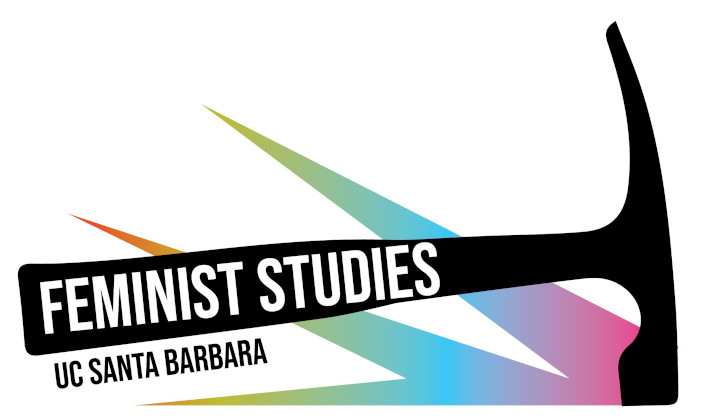
Specialization:
Sexual cultures, critical race and gender studies, queer of color critique, transfeminisms, performance studies, visual culture, ethnography, archival research, and transnational American studies
Affiliation:
Affiliate Faculty in Theater, Dance, and Performance Studies, Latin American and Iberian Studies, English, and Comparative Literature
Education:
PhD, Performance Studies with Certificate in Gender Studies, Northwestern University
MA, English, University of Texas at Austin
Bio:
Jennifer Tyburczy is a scholar and practitioner of queer performance with an emphasis in museums and cultures of display, histories and practices of censorship, erotic archives and artifacts, sexual economies, visual and performance art, and Mexico/US relations. Her first book, Sex Museums: The Politics and Performance of Display (University of Chicago, 2016) won the Lambda Literary Award for Best Book in LGBTQ Studies. Her second book, Queer Traffic: Sex, Panic, Free Trade (Duke University Press, 2025) traces flows of sex, art, and culture through the shaping of trade law under the North American Free Trade Agreement (NAFTA) and centralizes collective forms of dissident living as non-NAFTA forms of trade.
Tyburczy is the recipient of the Alan Bérubé prize for outstanding LGBT public history awarded by the American Historical Association and the Crompton-Noll Essay Prize for the best essay in LGBTQ Studies awarded by the Modern Language Association's Gay and Lesbian Caucus. Her research has been supported by the American Council of Learned Societies, the Fulbright-García Robles Fellowship, the Fulbright Carlos Rico Fellowship, the Center for the Study of Women, Gender, and Sexuality at Rice University, and the UC Humanities Research Institute.
She is Associate Editor at the leading journal in queer cultural studies, GLQ. She also serves on the editorial board of QED: A Journal in GLBTQ Worldmaking. Her scholarship has been published in GLQ, Signs, QED, Feminist Formations, Journal of Literary and Cultural Disability Studies, Text and Performance Quarterly, Women & Performance: A Journal of Feminist Theory, Museum & Society, Criticism, and Radical History Review, among other venues.
Her artistic collaborations include two major performance art projects: Mapping Dissent, a performance walk designed and executed with Mexican performance artist Lorena Wolffer and mounted at UCSB in response to the 2016 election; and Estado de Emergencia: puntos de dolor y resiliencia en la Ciudad de México (with Lorena Wolffer and Argentinian art historian María Laura Rosa), which confronted the context of femicides in the Americas through four political art and discussion installations strategically situated throughout Mexico City.
